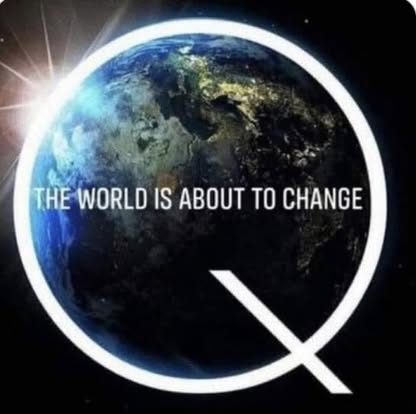
Attorney General Pam Bondi continues to face scrutiny over delays in releasing additional documents related to convicted sex offender Jeffrey Epstein. More than two months after promising a broader public release, Bondi said the FBI is reviewing “tens of thousands” of videos involving Epstein, including footage with minors. She attributed the delay to the volume of evidence and the need to protect victims’ identities.
What prompted the renewed criticism?
Rep. James Comer, R-Tenn., chairman of the House Oversight Committee, expressed skepticism during a podcast interview, suggesting that if the Epstein records truly existed, Bondi would have already made them public. Bondi rejected claims that the Epstein files were lost or intentionally destroyed. She said the delay is due to the extensive review process, not a cover-up.
Bondi responded on Wednesday, May 7, confirming that the files are in government hands and said the FBI is “diligently” working through them.
“There are tens of thousands of videos of Epstein with children or child porn and there are hundreds of victims,” Bondi told reporters at the White House.
What has been released so far?
On February 27, Bondi announced the first phase of declassified files. The release included roughly 200 pages, most of which had already circulated in previous leaks. The disclosure failed to meet expectations from conservative figures anticipating major revelations.
Bondi later accused the FBI’s New York office of withholding thousands of pages and ordered those records transferred for full review.
Links to released documents below:
What documents do critics say are still missing?
Many who pushed for transparency have asked for the full, unredacted client list, financial records, visitor logs and surveillance footage from Epstein’s homes. Some hoped the files would expose high-profile figures involved in or connected to his trafficking network. So far, the materials released have largely consisted of redacted logs and previously leaked documents, without new disclosures about associates or alleged co-conspirators.
What has the FBI said about its role?
FBI Director Kash Patel said the agency is committed to transparency and accountability in the case.
“The FBI is entering a new era—one that will be defined by integrity, accountability, and the unwavering pursuit of justice,” Patel wrote in a post on X. “There will be no cover-ups, no missing documents, and no stone left unturned — and anyone from the prior or current Bureau who undermines this will be swiftly pursued.”
Patel said the FBI would release additional documents after completing its review and necessary redactions to protect victims’ privacy.
How have political allies reacted?
Several figures have criticized the handling of the files. Rep. Anna Paulina Luna, R-Fla., called the February release “a complete disappointment,” while commentator Laura Loomer called for Bondi’s resignation, accusing her of failing to deliver on promises.
White House Press Secretary Karoline Leavitt defended Bondi in April 2025 at a White House Press Briefing, calling her a “bulldog.”
“She is someone you want on your team,” Leavitt said. “And when she wants to get something done, she gets it done. I’ve seen her do it in various instances already in her time as attorney general. And when she makes a promise, she keeps it. So, I think I don’t have a specific timeline for you on that, but I do know that they’re working on it over there.”
Did Epstein have ties to government agencies?
Civil liberties journalist Glenn Greenwald called on Bondi to clarify whether Epstein had ties to intelligence agencies. On his podcast “Liberty Vault,” Greenwald questioned why national security redactions would apply to Epstein files unless they involved relationships with U.S. or foreign intelligence. He said the public deserves answers about whether Epstein worked with or on behalf of any government service.
Greenwald’s concerns echo past reporting that former United States Secretary of Labor Alexander Acosta told Trump transition officials in 2017 that he was instructed to “back off” Epstein’s prosecution because Epstein “belonged to intelligence.” The Daily Beast initially reported that claim, which has never been officially confirmed, but it continues to fuel questions about the case’s national security implications.
What comes next in the release process?
The Justice Department has not committed to a specific timeline for the next release. Bondi said her office will publish additional files after the FBI completes its review and ensures redactions are in place to protect victims.
contributed to this report.






